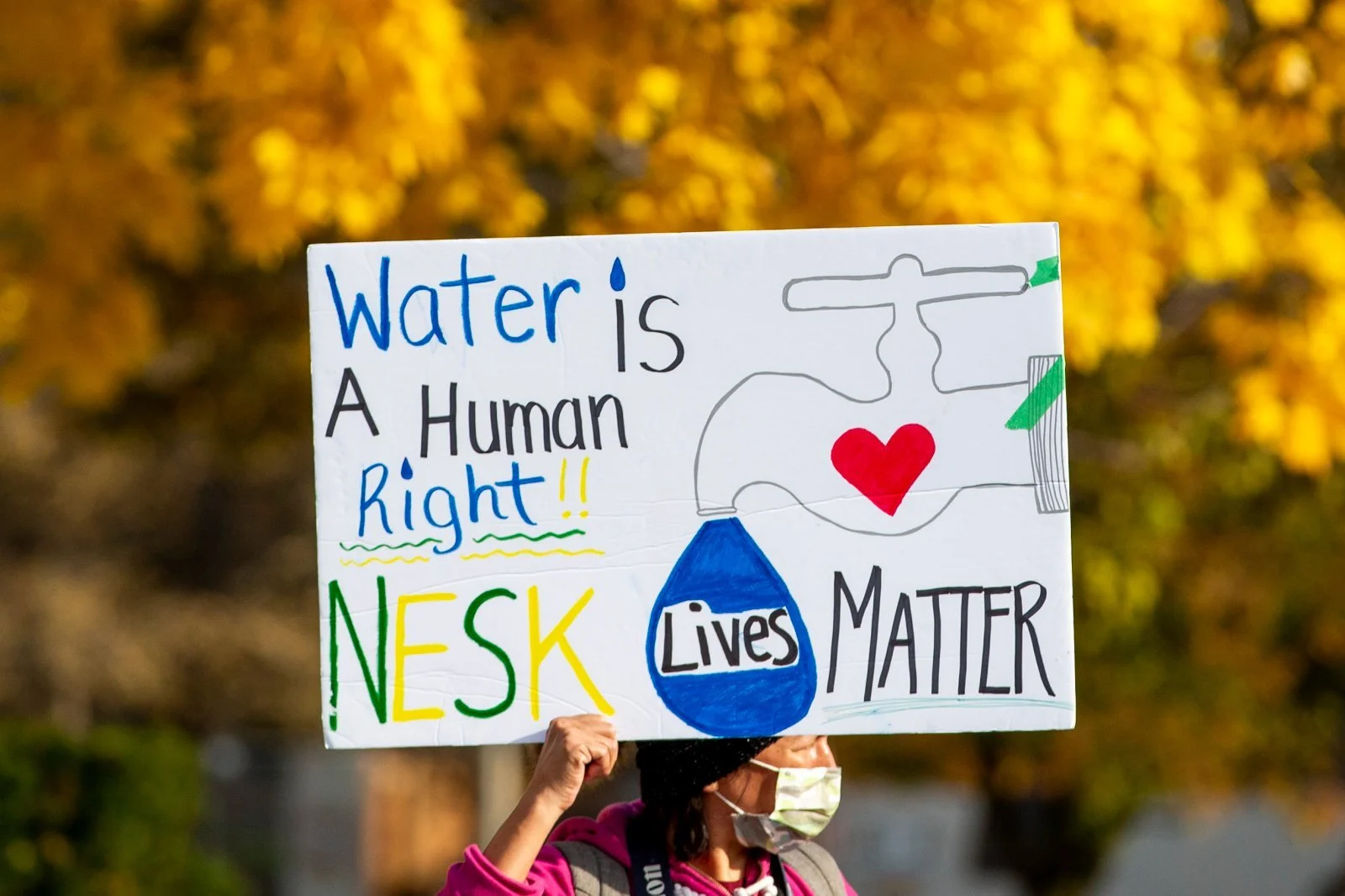When ACAP Saint John set out on a four-year study of fish life and water quality in the Saint John Harbour, the environmental group wasn't setting out to answer any big questions. The study, which began in 2018, was designed to set a baseline for the general health of fish populations in the harbour. No one had made an effort to see how many species of aquatic life were in the tidal waters of the harbour, and in what numbers. Roxanne MacKinnon, the executive director of ACAP, said they were surprised by what they found.
Okanagan water board advocates millions for water management
The Okanagan Basin Water Board is asking the province to invest millions in three water stewardship projects for the 2023-24 budget. And Anna Warwick Sears, executive director of the OBWB, says to not make that investment now will only cost millions of dollars more in the future. Warwick Sears recently presented a submission to the BC Standing Committee on Finance and Government Services for Budget 2023 calling for: Funding for a review of the Okanagan Lake regulation system and operating plan at a cost of $1 million annually for the next four years;
Lack of funding for piped water on First Nations in Sask. means some on reserves can’t drink from their taps
Rebecca Zagozewski, executive director with the Saskatchewan First Nations Water Association, says cisterns can pose health risks to those who rely on them. She says the structures can have cracked lids, which allows all sorts of debris to get into them — including rats, mice, drowned puppies and garbage — and they’re often not cleaned properly. On top of that, she says the Saskatchewan First Nations Water Association is concerned that there is no certification program for water truck drivers. The group wants to create such a program where drivers would have to be trained in how to keep the water safe and be held accountable if things go wrong. “Because right now there’s no accountability,” she says.
First Nations workers in Sask. sacrifice wages, vacation to run underfunded water systems
Rebecca Zagozewski is the executive director of the Saskatchewan First Nations Water Association, a non-profit organization that works to build First Nations’ capacity to take care and control of their own water services. She says recruitment and retention of water treatment plant operators is a “real problem” on Saskatchewan First Nations, largely because they often can’t pay operators competitive wages.
How colonial systems have left some First Nations without drinking water
Rebecca Zagozewski, executive director of the Saskatchewan First Nations Water Association, said she has seen contractors save on costs when building water treatment plants on reserves by using obsolete parts and failing to include maintenance manuals, ventilation or chemical rooms, and bathrooms. “Engineering companies will put in their bids obviously as low as they can go,” said Zagozewski.
Government of Canada launches consultation process for new Canada Water Agency
“Through the Canada Water Agency, our government is looking to strengthen collaboration between the federal government, the provinces, territories, Indigenous peoples and other partners to find the best ways to safeguard our freshwater consultations are an important part of this process and I look forward to input from Canadians,” Terry Duguid said in a statement. Mr. Duguid is Parliamentary Secretary to Minister Wilkinson and has been key in the development process. The discussion paper, ‘Toward the Creation of a Canada Water Agency,’ presents key issues and provides an overview of the federal government’s existing activities to enhance freshwater management, and a virtual national freshwater policy forum is planned for January 27 and 28. A series of regional forums will be held in February that will provide additional opportunities to participate in consultations. The discussion paper and additional information can be found at placespeak.ca. Comments can be submitted until March 1.
Can Wall Street help us find the true price of water?
Despite the apparent abundance of water in Canada, she said, low prices mean the best-quality water in many regions — such as Southern Ontario groundwater — is in increasingly short supply and is being overused. Roy Brouwer, executive director of the Water Institute at the University of Waterloo, said that when he came to Canada from the Netherlands five years ago, he was surprised by the low price and wasteful misuse of water in this country.








